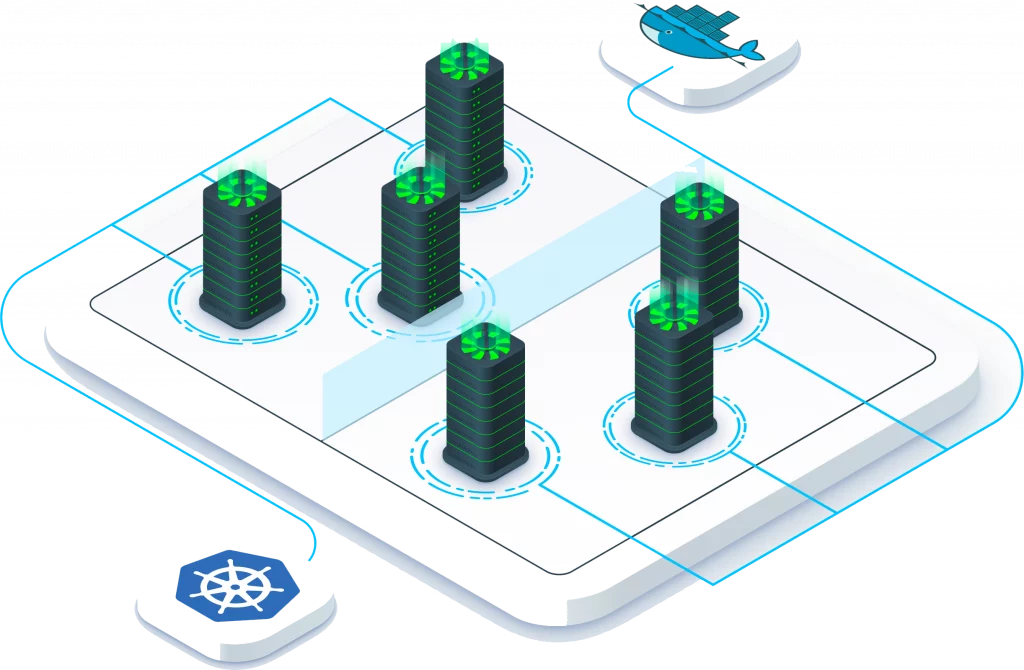Docker With Kubernetes
Enhance your skillset as a developer- build, test and deploy Docker applications with Kubernetes.
- Get a comprehensive knowledge of Dockers & Kubernetes framework and components
- Gain in-depth knowledge of Docker & Kubernetes- its core components, installation, and working
- Study the ways to explore the app outside the cluster and to autoscale apps

